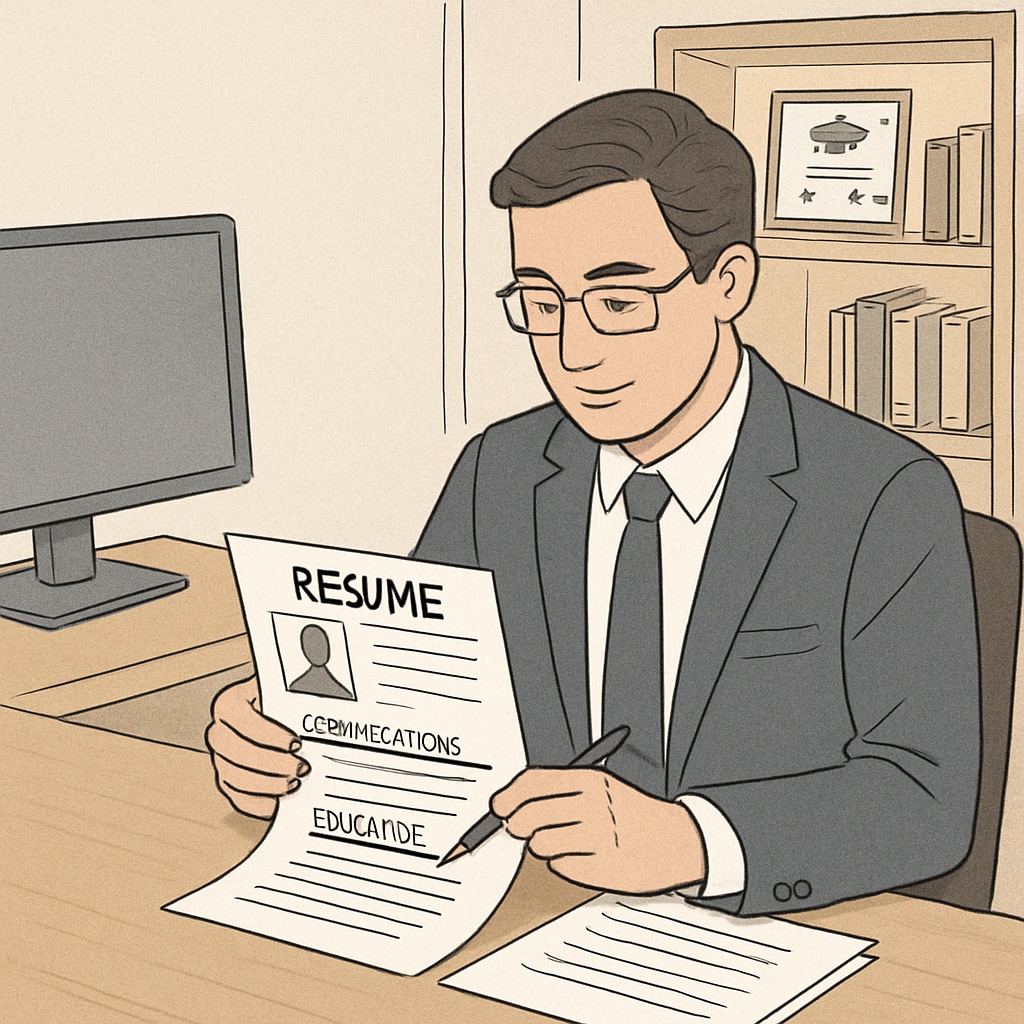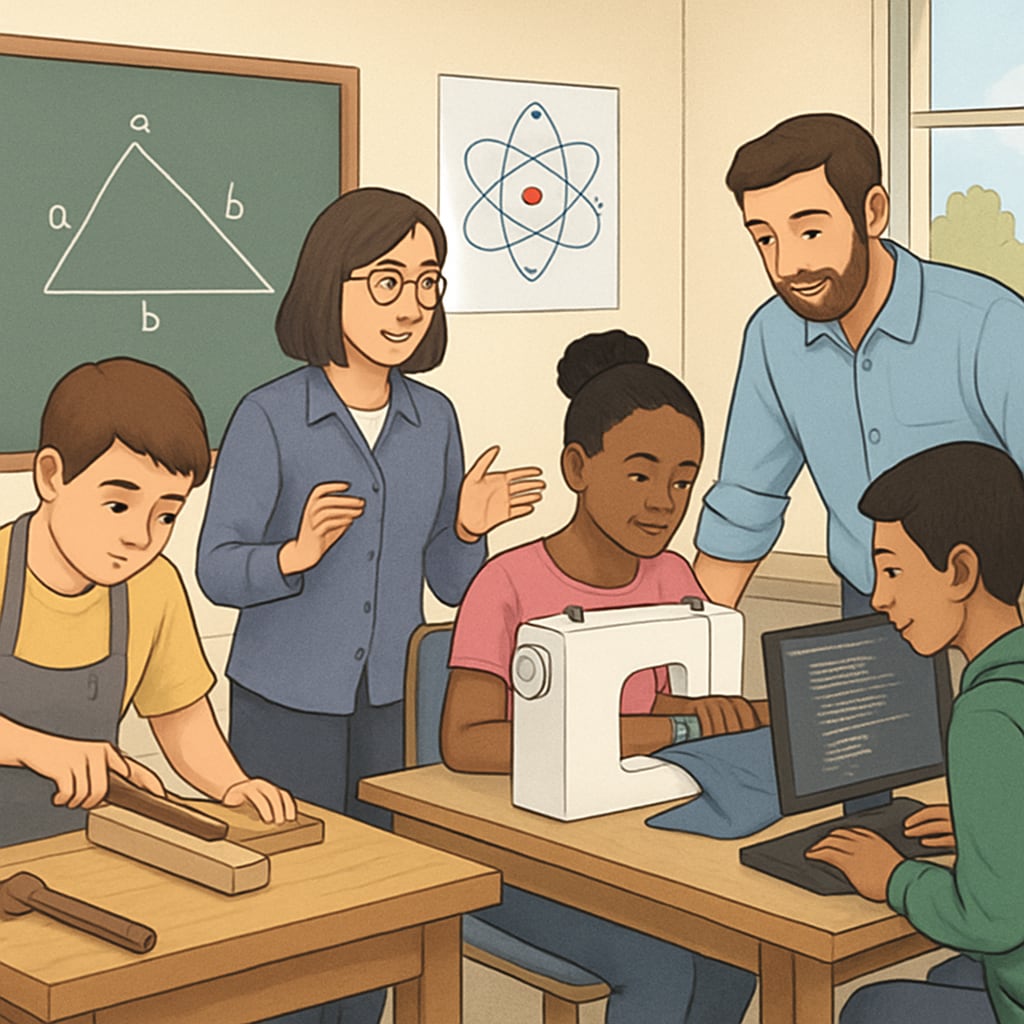Arizona’s employment policies have sparked a unique debate surrounding the value of educational attainment. Surprisingly, individuals with higher degrees often find themselves disadvantaged compared to those with minimal credentials, highlighting the paradoxical nature of “education discrimination.” This phenomenon underscores inherent flaws in the connection between K-12 education systems, higher education institutions, and workforce development strategies. As a result, Arizona faces challenges in balancing educational credentials with practical skills in its employment landscape.
When Educational Credentials Become a Barrier
The concept of “highly educated discrimination” is rooted in a rigid, certificate-centric approach to hiring. Employers in Arizona often favor candidates with specific certifications or vocational training from high school over those equipped with broader academic skills gained through college degrees. For instance, fields such as advanced manufacturing or healthcare often prioritize technical diplomas over bachelor’s degrees, as these credentials are seen as more directly applicable to job requirements.
While this approach benefits certain industries, it creates systemic barriers for individuals pursuing higher education. Graduates with college degrees frequently encounter skepticism from employers, who perceive them as overqualified or lacking hands-on experience. This misplaced emphasis on narrowly defined qualifications disregards the value of transferable skills like critical thinking, innovation, and leadership, which are cultivated in higher education.

K-12 Education and Its Role in Workforce Development
Arizona’s K-12 education system plays a pivotal role in shaping workforce readiness. The state has invested heavily in career and technical education (CTE) programs, which prepare students for immediate job placement after high school. While these initiatives address short-term labor shortages, they inadvertently overshadow the importance of long-term educational goals. High school graduates are encouraged to enter the workforce quickly, leaving college-bound students to face diminishing support and resources.
This imbalance highlights a key policy flaw: the lack of a cohesive strategy to bridge K-12 education with higher education pathways. According to Britannica’s overview of education systems, successful models integrate vocational training with academic preparation to cater to diverse career trajectories. Arizona’s policies, however, lean heavily toward immediate economic gains, neglecting the broader societal benefits of fostering a well-educated population.

Building Inclusive Employment and Education Policies
To address this paradox, Arizona must adopt more inclusive education and employment policies. A shift from credential-based hiring to skills-based evaluation can help mitigate biases against higher degrees. Employers should prioritize candidates’ ability to adapt, problem-solve, and contribute creatively, rather than focusing solely on certifications. For example, companies like Google have implemented skills-based hiring practices that value experience and aptitude over formal credentials (Google on Wikipedia).
Additionally, collaboration between K-12 schools, colleges, and employers could create smoother transitions for students. Programs that integrate internships, apprenticeships, and mentorship opportunities can help college graduates gain hands-on experience while retaining the academic rigor of higher education.
- Encourage partnerships between universities and industries to align curricula with real-world demands.
- Promote lifelong learning initiatives to ensure continuous skill development for all workers.
- Redefine “educational success” to include both practical competencies and intellectual growth.
The Road Ahead for Arizona’s Workforce
Arizona has the potential to lead by example in reforming education and employment policies. By embracing a holistic approach that values both technical skills and academic achievement, the state can empower its workforce to thrive in a rapidly changing economy. Such reforms would not only address the current paradox but also ensure sustainable growth and innovation across industries.
In conclusion, the issue of “highly educated discrimination” in Arizona serves as a wake-up call for policymakers and educators. A more inclusive system—one that values diverse educational pathways and prioritizes practical skills alongside intellectual achievements—is essential for creating equitable job opportunities and fostering economic resilience.


